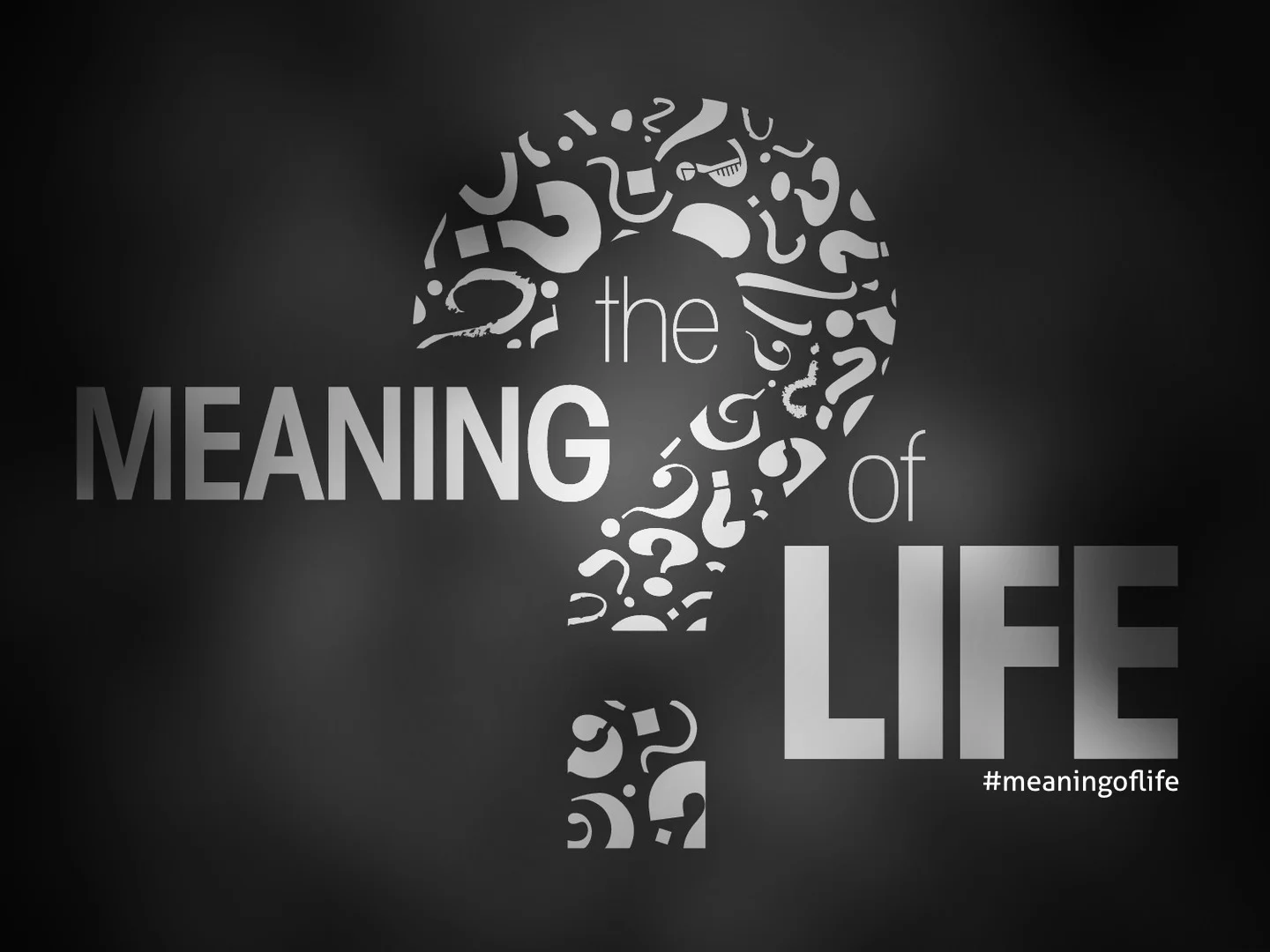It takes the average hourly employee at McDonald’s 30 weeks to make as much money as the restaurant’s CEO earns in an hour. In such a world, former Costco CEO Jim Sinegal stood out as a refreshingly generous leader. Throughout his tenure, Sinegal’s annual salary remained steady at $350,000 per year, roughly one-third of the pay of other Fortune 100 CEOs.
At the same time, Costco paid its employees 42% more than their chief rival. Sinegal was also committed to offering Costco’s workers healthcare costs at a fraction of industry-average costs. Contrary to prevailing trends, Costco remains closed on the Thanksgiving holiday so that its employees can enjoy time with family.
When the United States economy went into recession, Costco did not lay off a single employee. In fact, Sinegal pushed through a $1.50 hourly raise for his people in 2009. According to CFO Richard Galanti, “The first thing out of Jim’s mouth was, ‘This economy is bad. We should be figuring out how to give them more, not less.’”
Sinegal was also passionate about keeping down the prices of Costco products for customers. He limited markup 15% of costs regardless of whether the market would allow Costco to charge more.
Singegal’s generosity to employees hasn’t dragged down the financial performance of Costco—precisely the opposite. When rivals were cutting payrolls and shutting stores after the recession, Costco held steady. Stock prices have more than doubled and sales have risen nearly 40% since 2009.
Craig Jelinek, Singeal’s successor, has carried on his legacy.
Costco understands that generosity is not a negative; rather, it is a great positive! This is a very Christian way of looking at life.
Unfortunately, professing Christians are not generous givers. Statistics show that More than one out of four professing American Protestants give away $0. The median annual giving for a Christian is $200—just over half a percent of after-tax income. About 5 percent of Christians provide 60 percent of the money to churches and religious groups. Twenty percent of Christians account for 86 percent of all giving. Among Protestants, 10 percent of evangelicals, 28 percent of mainline folk, 33 percent of fundamentalists, and 40 percent of liberal Protestants give nothing (Driscoll, A Call to Resurgence).
Additionally, Six out of ten churchgoers believe tithing is a Biblical mandate, but fewer than one out of ten actually give 10% or more of their income to any cause or organization (Facts & Trends, May/June 2006, p.17)
This is not what Jesus called his Church to, and on-the-whole, Christians are still one of the most generous and socially active groups in the world. However, there is a serious problem here.






